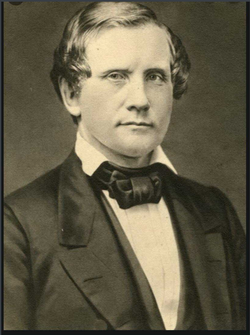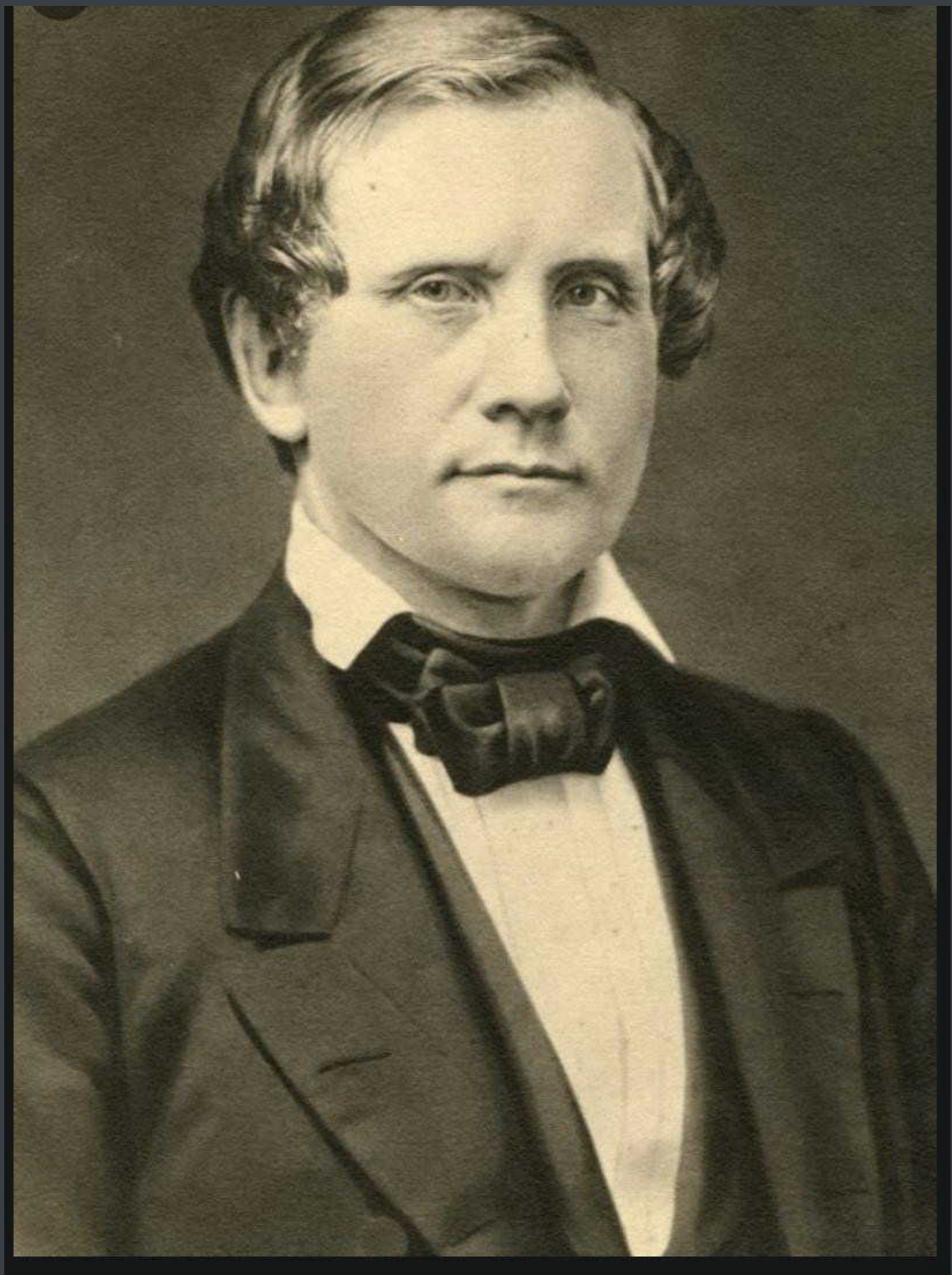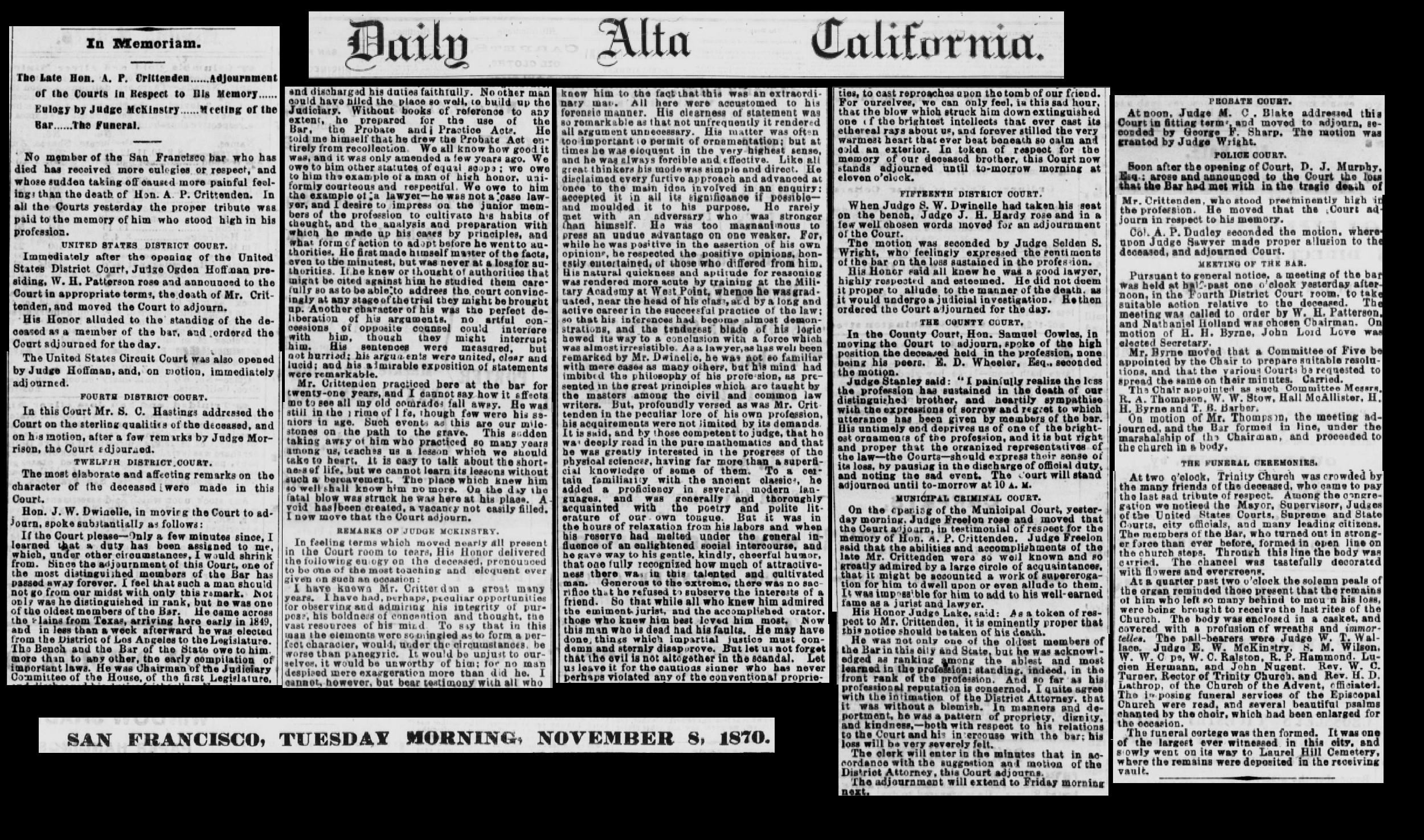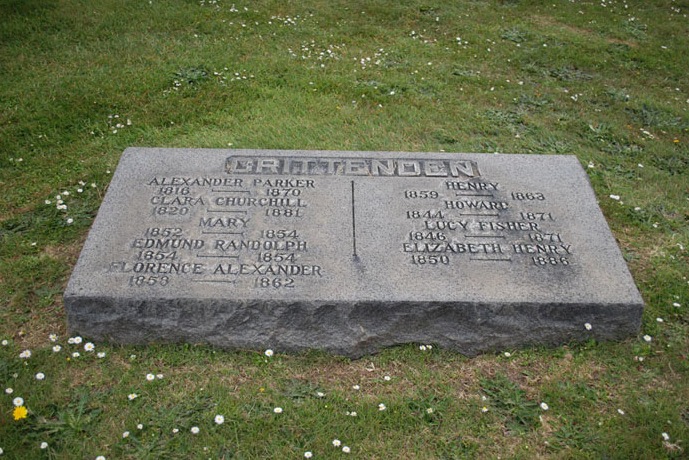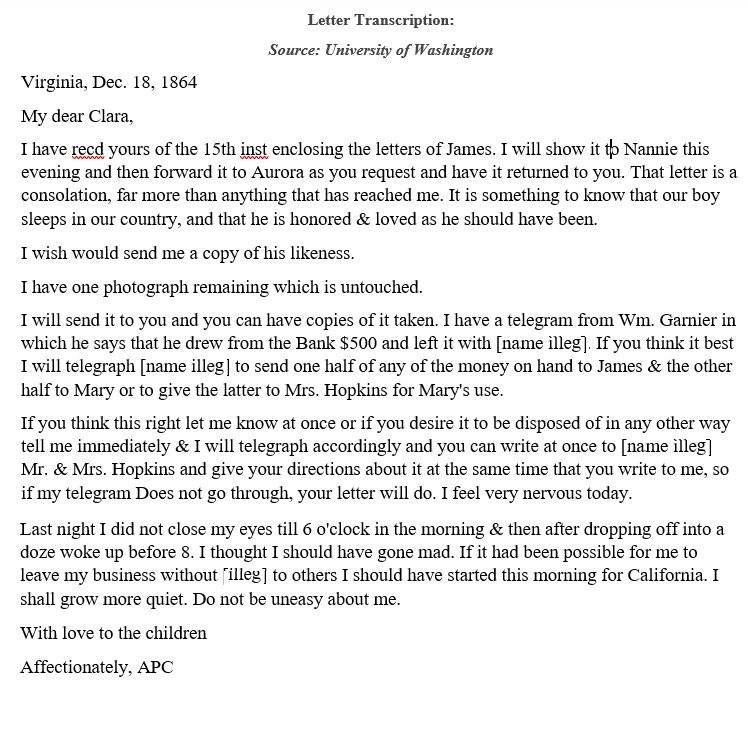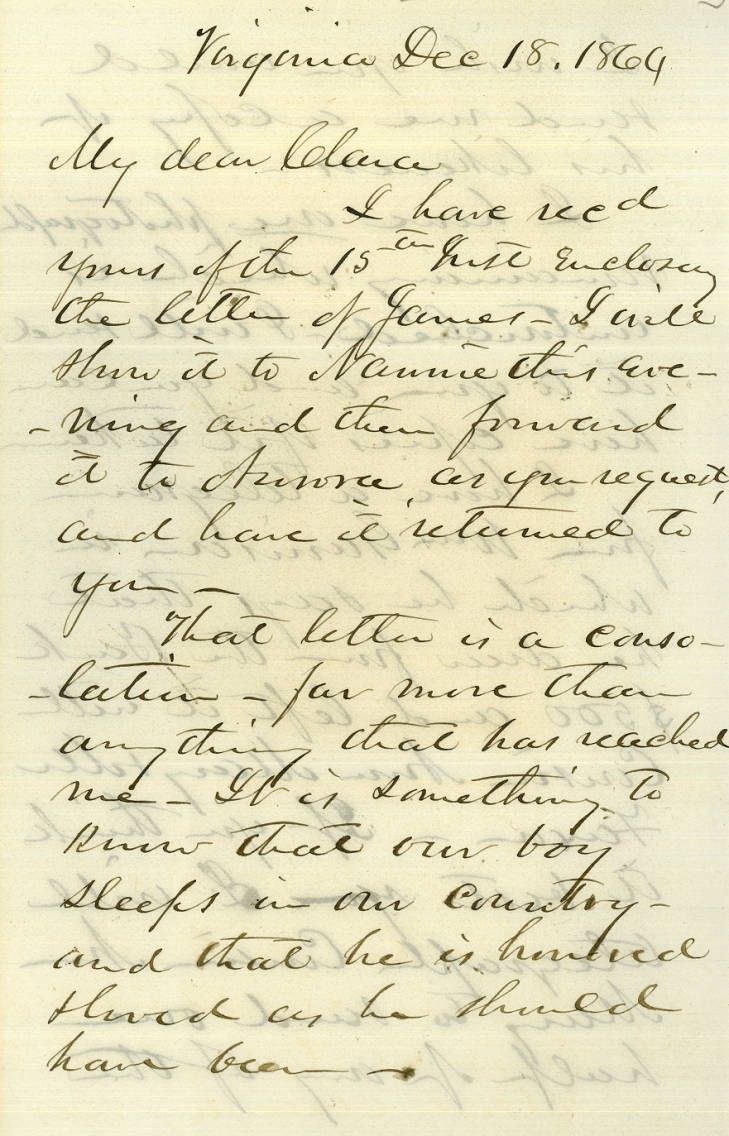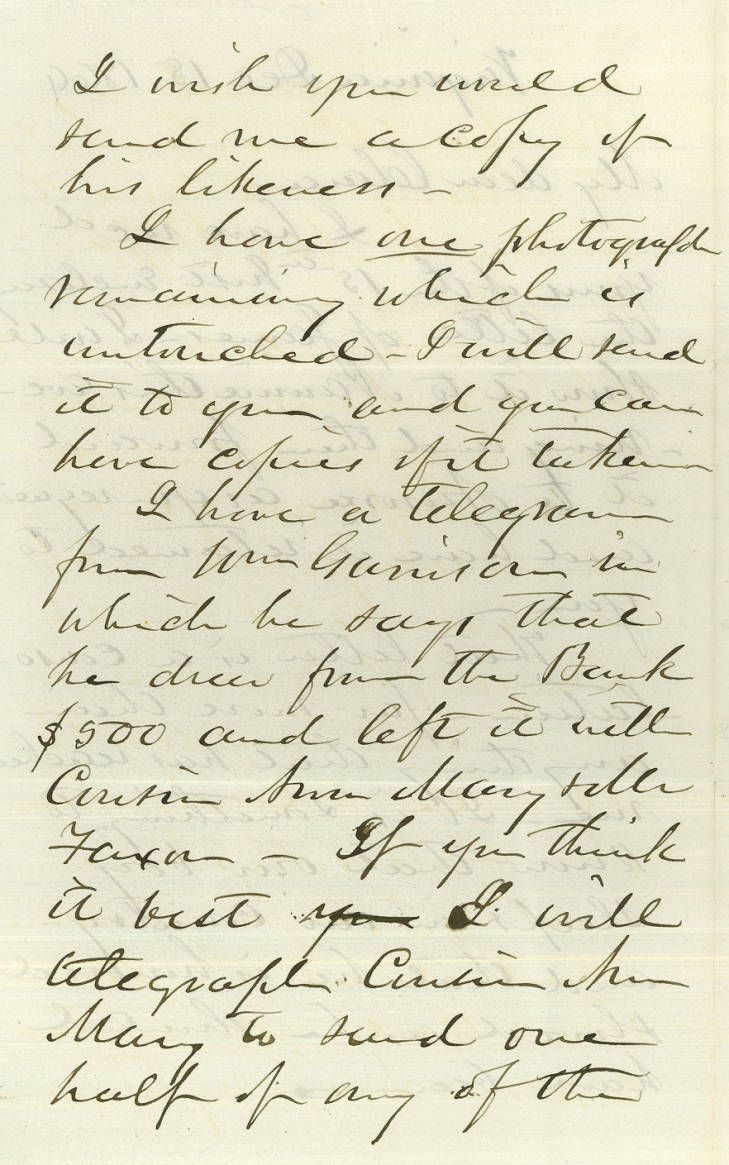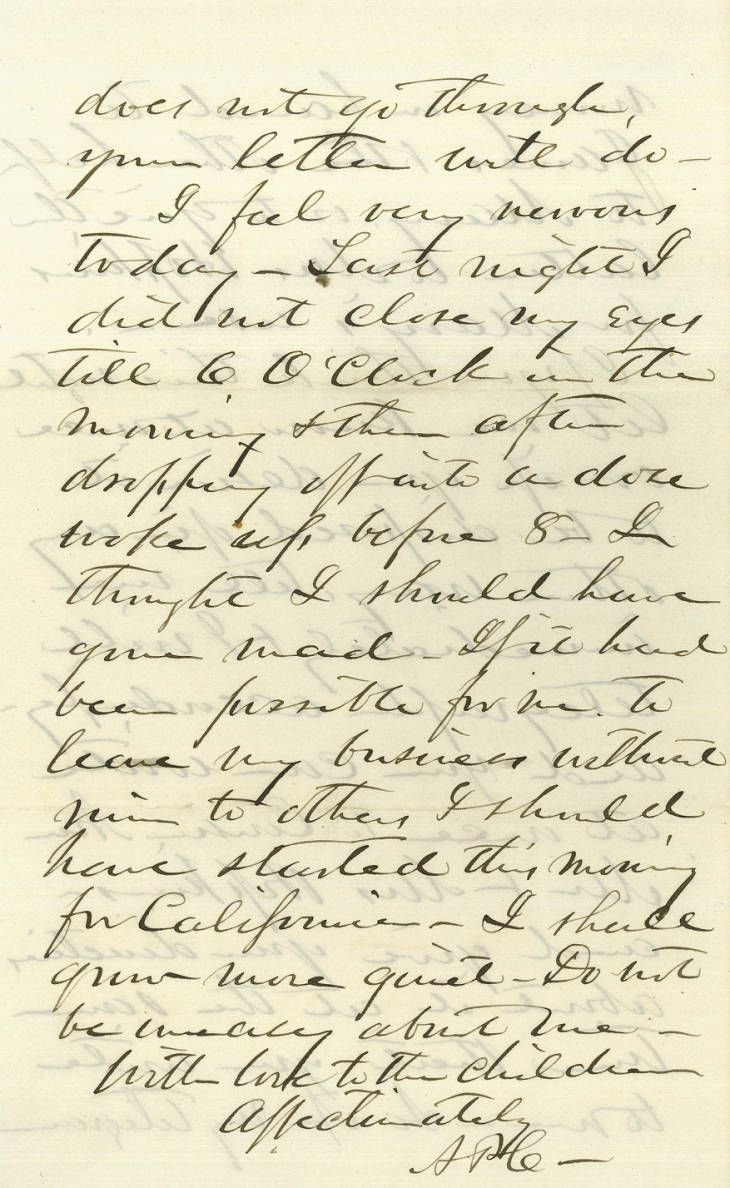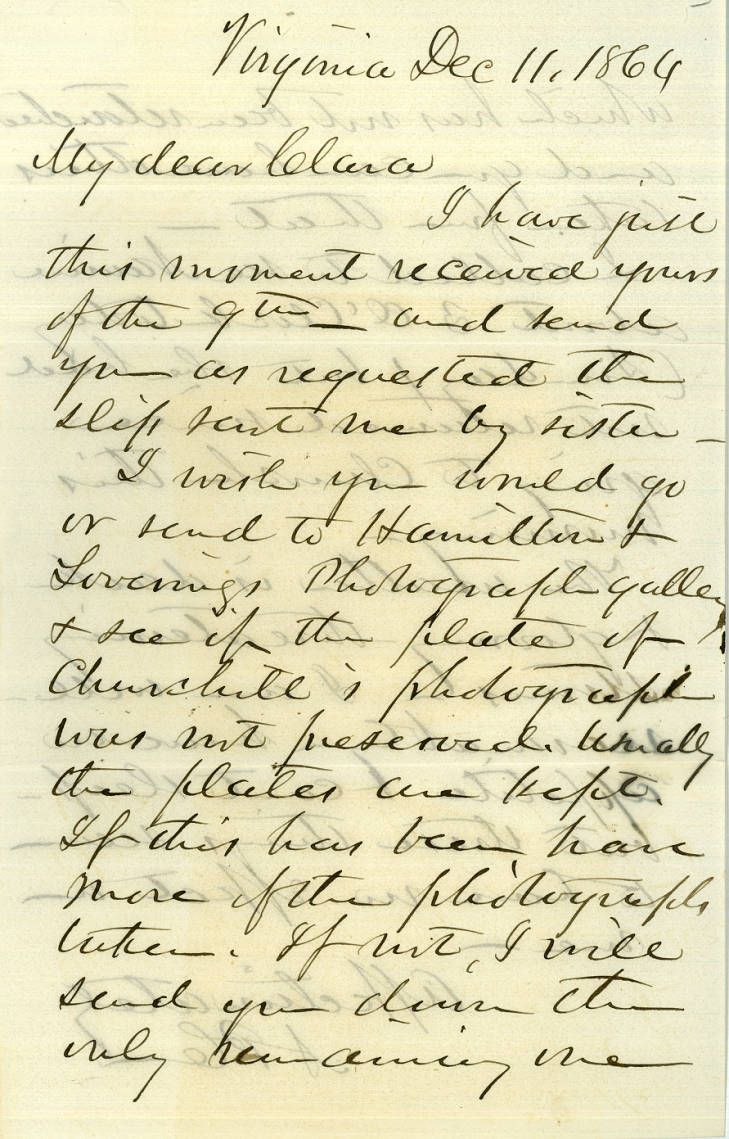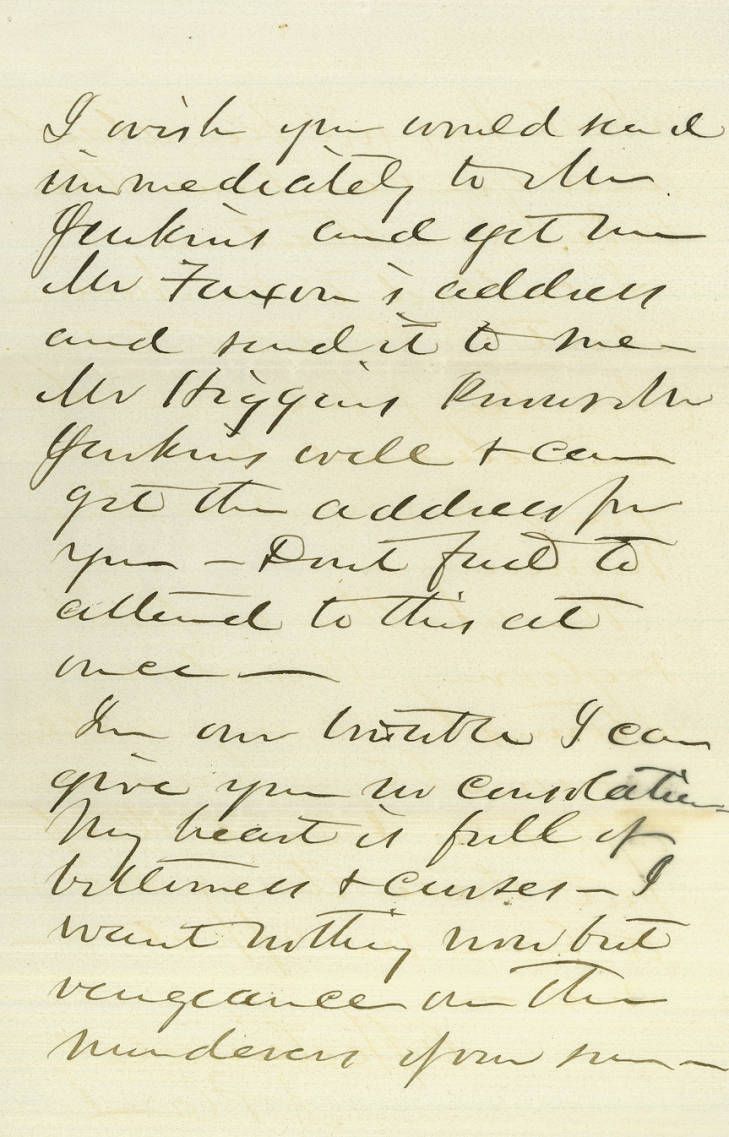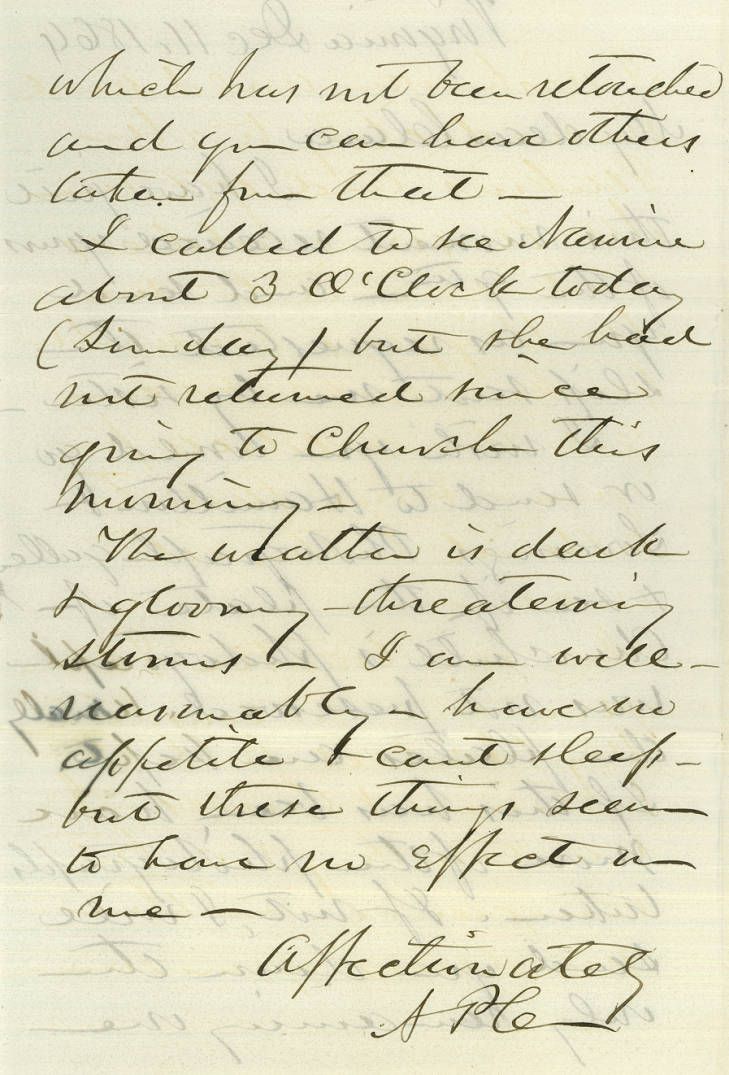~ ~ ~ALEXANDER PARKER CRITTENDEN ~ ~ ~
====================================
LAWYER
MURDER VICTIM
A native of Kentucky, Crittenden graduated from the United States Military Academy at West Point in 1836. Admitted to the bar a few years later, he moved to California following the Gold Rush in 1849.
Soon after his arrival, he was elected to the California State Assembly serving from 1849 until 1850 and again in 1852. After leaving office he moved to San Francisco where he practiced law until 1863, when he went to Virginia City, Nevada following the discovery of silver.
While there he met boarding house owner Laura Fair and the two began a seven-year affair. By 1870, Fair had become disillusioned with Crittenden's juggling between her and his wife, and on November 3, 1870, she shot and mortally wounded him in front of his family while on the San Francisco-Oakland ferryboat El Capitan.
In what quickly became a highly publicized and sensationalized trial, Fair was found guilty of murder in 1871 and sentenced to death, the first women in California to receive the sentence. A year later, she was granted a re-trial by the California State Supreme Court and was ultimately acquitted of the charges.∼A cadet at West Point, A P. Crittenden, nephew of Kentucky Senator J.J. Crittenden, was an early 49'er who traveled the southern route from Texas through Mexico to San Francisco. He was a member of the first session of the California Legislature, the compiler of the laws of 1852 enacted by that body, an associate of Tod Robinson and Crockett and Baldwin, attorneys for the banks and heavy firms of San Francisco, and last but not least, a staunch Democrat - once Chairman of the Democrat State Central Committee. In short, he was a lawyer of rare legal and literary attainments,
During the War, when loyalty oaths to the Union were required for many business and professional men, he left his successful practice in California and migrated to the Nevada Territory -- first in Aurora, than in Virginia City. Crittenden found the abundance of mining claim disputes a new source of income. His two sons-in-law were also involved with the Nevada mines as assayers and supplied him with much "insider" information on the various mines which enabled him to play the Comstock stock market - and maintain a "notorious woman" as a mistress.
At his life's end, he became the Clerk of the Supreme Court of California.
"He has died a violent death after attaining fame and fortune, passing away almost unhonored and unsung, and leaving a widow and seven fatherless children to live down, if possible, his disgrace."
He was on a ferry boat -- accompanied by Gov. Stanford - to meet his wife, who was returning from a trip to the East, when he was shot by his Virginia City lover, Mrs. Laura D. Fair. A murder trial followed thereafter which became a newspaper sensation, as it included adultery with a notorious woman, the wronged widow, great political families, sensationalism and sectional animosities.
The Crittendens were re-interred upon the demise of Laurel Hill in their own plot, but without their original memorials. See Cypress Lawn, Colma memorial for current grave and family links.
~ ~ ~ALEXANDER PARKER CRITTENDEN ~ ~ ~
====================================
LAWYER
MURDER VICTIM
A native of Kentucky, Crittenden graduated from the United States Military Academy at West Point in 1836. Admitted to the bar a few years later, he moved to California following the Gold Rush in 1849.
Soon after his arrival, he was elected to the California State Assembly serving from 1849 until 1850 and again in 1852. After leaving office he moved to San Francisco where he practiced law until 1863, when he went to Virginia City, Nevada following the discovery of silver.
While there he met boarding house owner Laura Fair and the two began a seven-year affair. By 1870, Fair had become disillusioned with Crittenden's juggling between her and his wife, and on November 3, 1870, she shot and mortally wounded him in front of his family while on the San Francisco-Oakland ferryboat El Capitan.
In what quickly became a highly publicized and sensationalized trial, Fair was found guilty of murder in 1871 and sentenced to death, the first women in California to receive the sentence. A year later, she was granted a re-trial by the California State Supreme Court and was ultimately acquitted of the charges.∼A cadet at West Point, A P. Crittenden, nephew of Kentucky Senator J.J. Crittenden, was an early 49'er who traveled the southern route from Texas through Mexico to San Francisco. He was a member of the first session of the California Legislature, the compiler of the laws of 1852 enacted by that body, an associate of Tod Robinson and Crockett and Baldwin, attorneys for the banks and heavy firms of San Francisco, and last but not least, a staunch Democrat - once Chairman of the Democrat State Central Committee. In short, he was a lawyer of rare legal and literary attainments,
During the War, when loyalty oaths to the Union were required for many business and professional men, he left his successful practice in California and migrated to the Nevada Territory -- first in Aurora, than in Virginia City. Crittenden found the abundance of mining claim disputes a new source of income. His two sons-in-law were also involved with the Nevada mines as assayers and supplied him with much "insider" information on the various mines which enabled him to play the Comstock stock market - and maintain a "notorious woman" as a mistress.
At his life's end, he became the Clerk of the Supreme Court of California.
"He has died a violent death after attaining fame and fortune, passing away almost unhonored and unsung, and leaving a widow and seven fatherless children to live down, if possible, his disgrace."
He was on a ferry boat -- accompanied by Gov. Stanford - to meet his wife, who was returning from a trip to the East, when he was shot by his Virginia City lover, Mrs. Laura D. Fair. A murder trial followed thereafter which became a newspaper sensation, as it included adultery with a notorious woman, the wronged widow, great political families, sensationalism and sectional animosities.
The Crittendens were re-interred upon the demise of Laurel Hill in their own plot, but without their original memorials. See Cypress Lawn, Colma memorial for current grave and family links.
Bio by: G.Photographer
Family Members
-
![]()
Laura Crittenden Sanchez
1839–1919
-
![]()
PVT Churchill Jones Crittenden
1840–1864
-
![]()
James Love Crittenden
1841–1915
-
![]()
Hannah Churchill "Nannie" Crittenden Van Wyck
1843–1916
-
![]()
Howard Crittenden
1844–1871
-
![]()
Mary Crittenden
1852–1854
-
![]()
Edmund Randolph Crittenden
1854–1854
-
![]()
Carrie Campbell Crittenden Pratt
1855–1923
-
![]()
Florence Alexander Crittenden
1858–1862
-
![]()
Henry Crittenden
1859–1863
Advertisement
Advertisement
